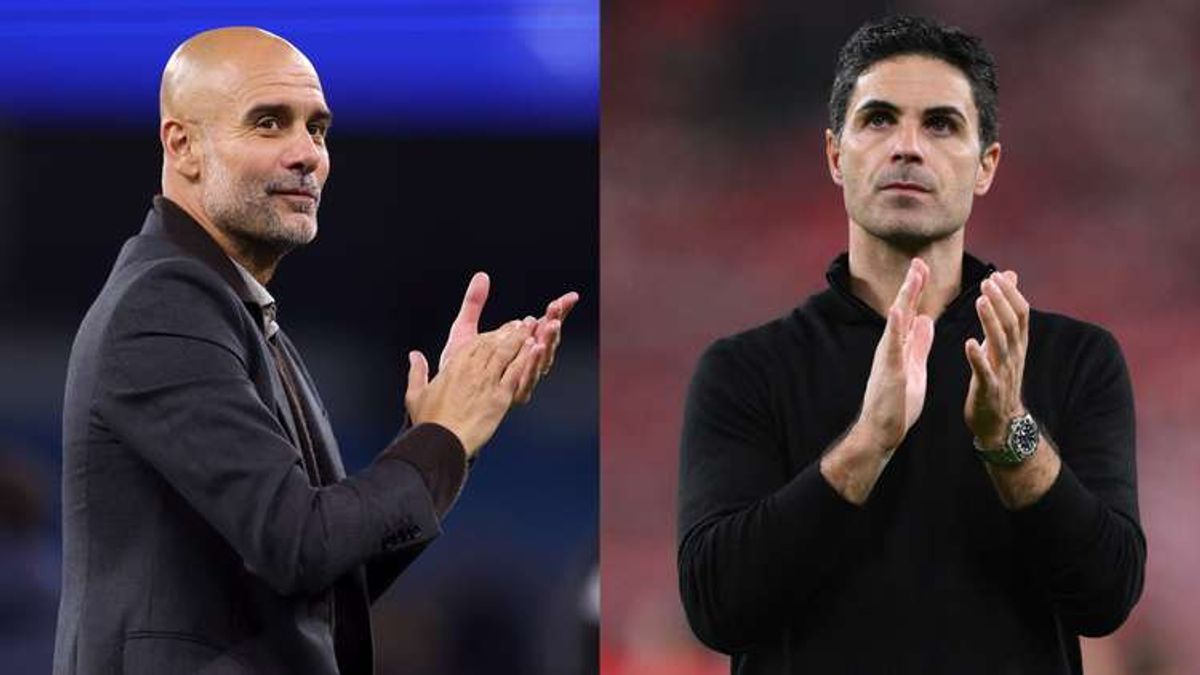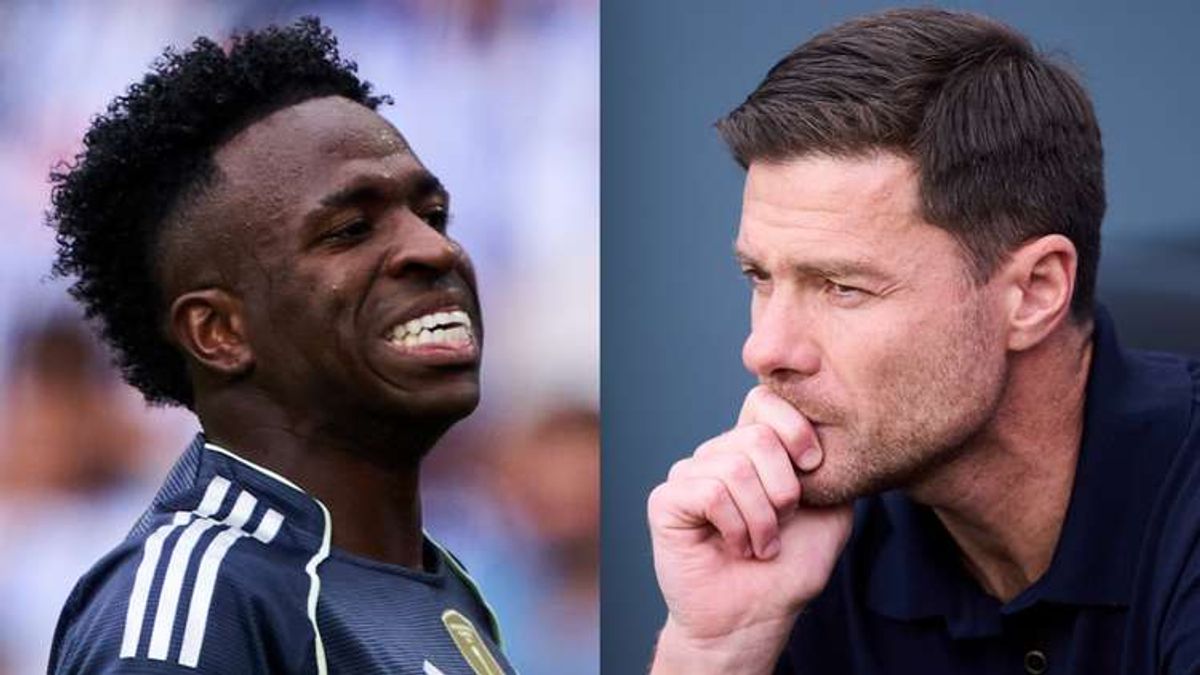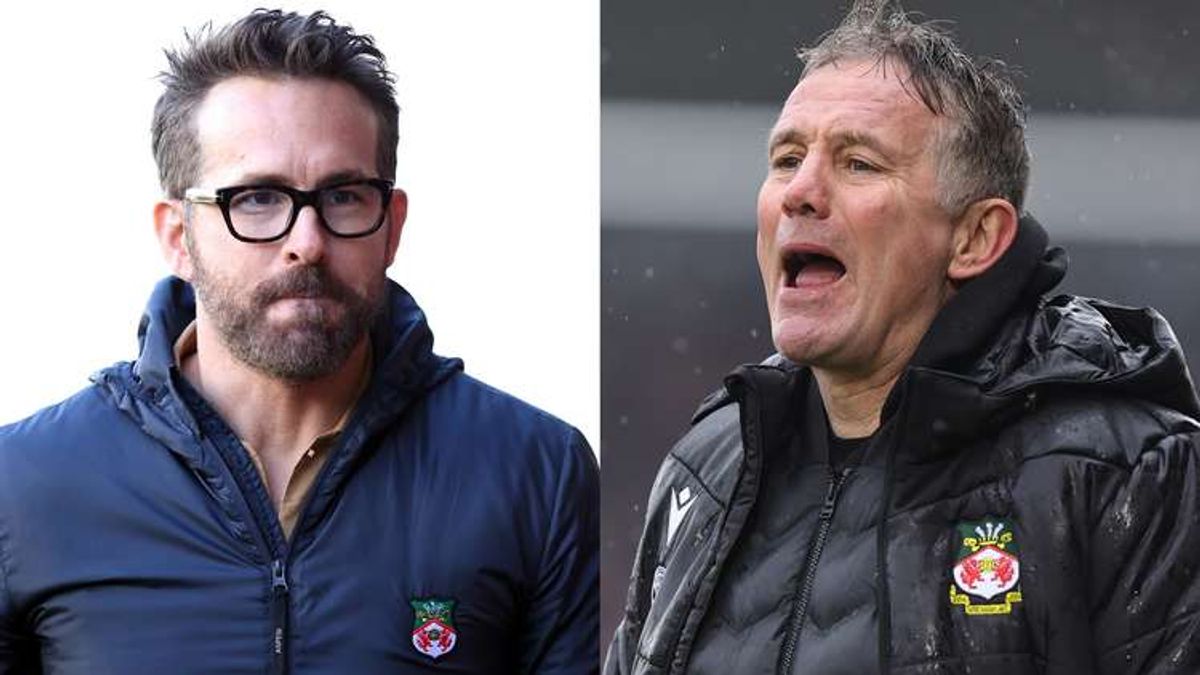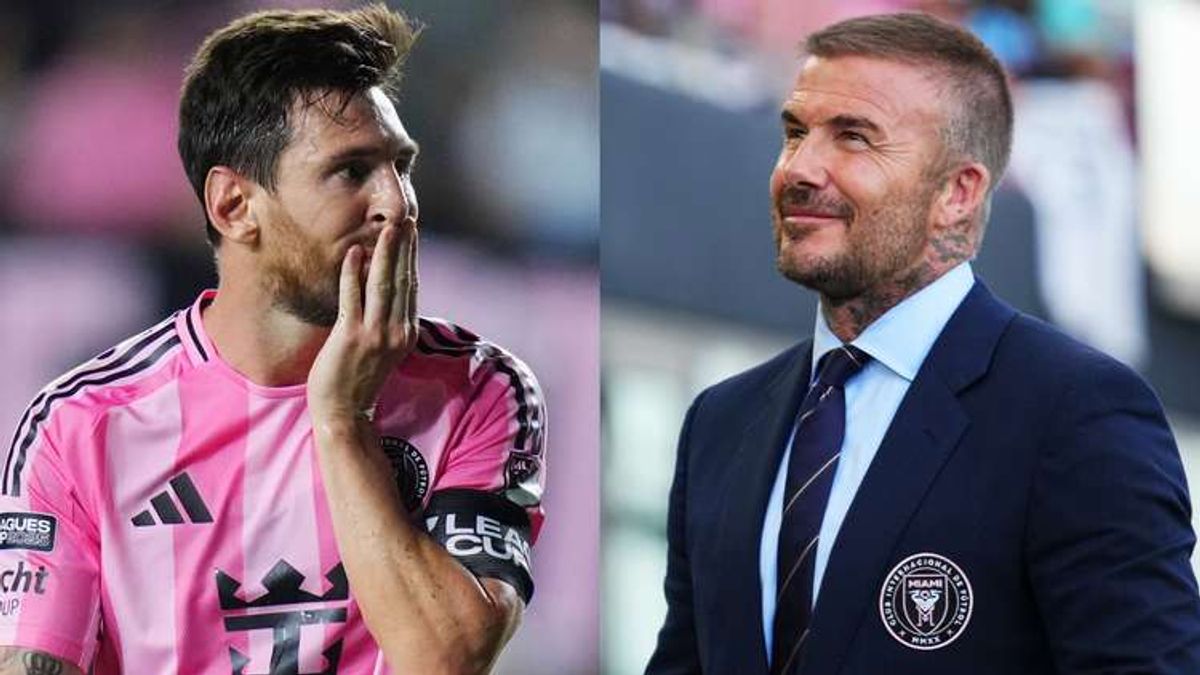Lessons in Player Sales: How Man Utd Can Learn from Chelsea as Todd Boehly's Transfer Plan Takes Shape
Before making a bid for Manchester United, Sir Jim Ratcliffe tried to acquire Chelsea, but missed the mark with a late offer. Now, as Ratcliffe and Todd Boehly find themselves as rivals, there are valuable lessons in store for the business mogul. Learn how the art of player sales can impact a club's success.
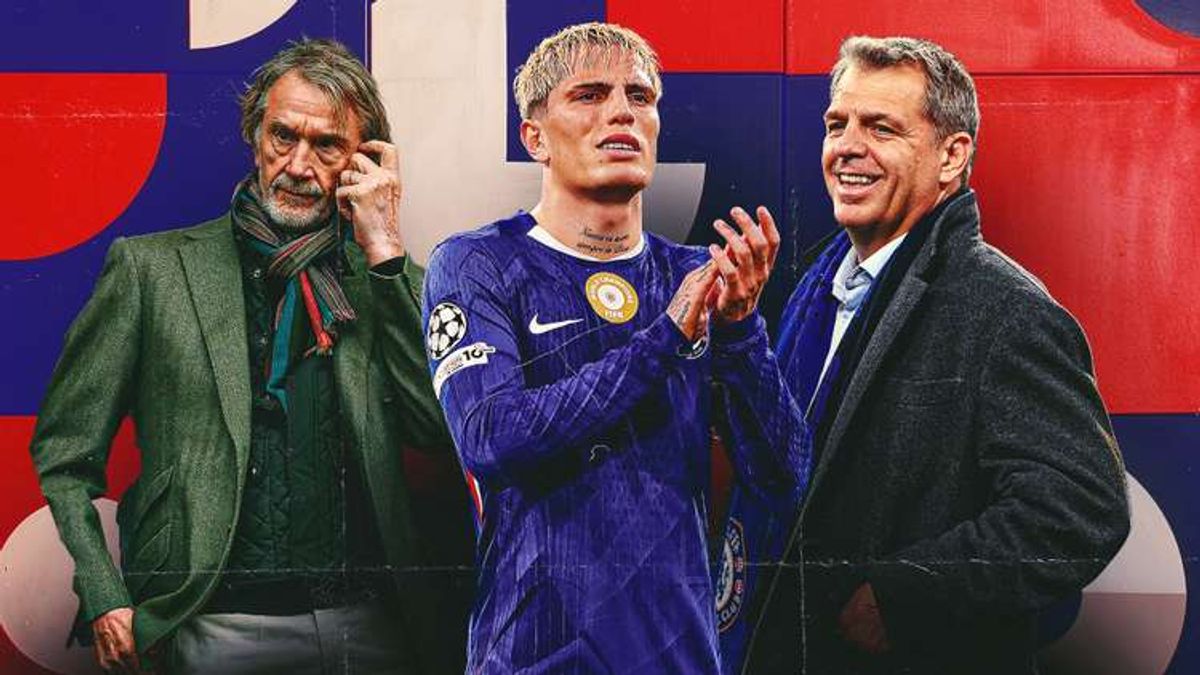
Before Sir Jim Ratcliffe invested in Manchester United, he tried to buy Chelsea. Although he grew up on a council estate in Failsworth in north Manchester and attended games at Old Trafford with his father as a child, Ratcliife took a liking to Chelsea as an adult while living and working in affluent west London."I have a house in Chelsea, I've lived in Chelsea for many years, I've had a season ticket for many years, I have a business that's based in Chelsea," Ratcliffe explained to the BBC at the time. "When I was living in London for many years, I could go and watch Chelsea. It was quite difficult to go and watch United, so I have split loyalties."However, perhaps surprisingly for a man who built a petrochemicals empire and was at one point the richest person in Britain, Ratcliffe made a rather basic mistake: he submitted his £4.25 billion ($5.79bn) bid six weeks after the deadline set by Raine, the bank negotiating the sale."My message to Raine is don't discount our offer," Ratcliffe pleaded. "We are British and have great intentions for Chelsea. If I was Raine I wouldn't close any door." His message proved to be in vain, however, as INEOS later revealed that Raine dismissed the bid "out of hand" before accepting the one from the consortium led by American billionaire Todd Boehly. Just 18 months later, Ratcliffe completed his 27 percent stake in United and now he and Boehly are direct competitors. They have each taken their fair share of stick from their own supporters as well as the media. For Ratcliffe, the onslaught of criticism has spoiled his much-loved morning routine of reading the newspapers. He could take a leaf out of the book of Boehly, who recently explained how he copes with scrutiny: "The reality is that the sooner you learn you can't keep everyone happy all the time, then freedom comes from that." There is another area where Ratcliffe could learn from Boehly: the art of selling players.
Missed Opportunities and Split Loyalties
Sir Jim Ratcliffe's attempt to purchase Chelsea sheds light on his affinity for the club, despite his roots in Manchester. Growing up attending games at Old Trafford, Ratcliffe's adult years in London saw him drawn to Chelsea due to personal connections. While his bid was rejected, the endeavor offers insight into the complexities of loyalty and business in the football world.
Lessons in Timing and Strategy
Ratcliffe's delayed bid for Chelsea highlights the importance of strategic planning and timing in the acquisition process. Learning from this misstep, potential investors and club owners can understand the significance of meeting deadlines and making compelling offers to secure deals in the competitive football market.
Managing Criticism and Public Perception
While both Ratcliffe and Boehly have faced criticism from supporters and the media, their responses demonstrate contrasting approaches. Ratcliffe's struggle with public perception contrasts with Boehly's acceptance of scrutiny, showcasing the importance of handling criticism with resilience and self-awareness in the high-pressure football industry.
The Art of Player Sales: A Key Factor in Club Success
One crucial aspect where Ratcliffe could glean insights from Boehly is in the realm of player sales. As clubs navigate the transfer market, mastering the art of selling players at the right time and price can significantly impact a team's competitiveness and financial stability. By observing successful strategies employed by clubs like Chelsea, Manchester United can enhance their approach to player transactions for long-term success.
